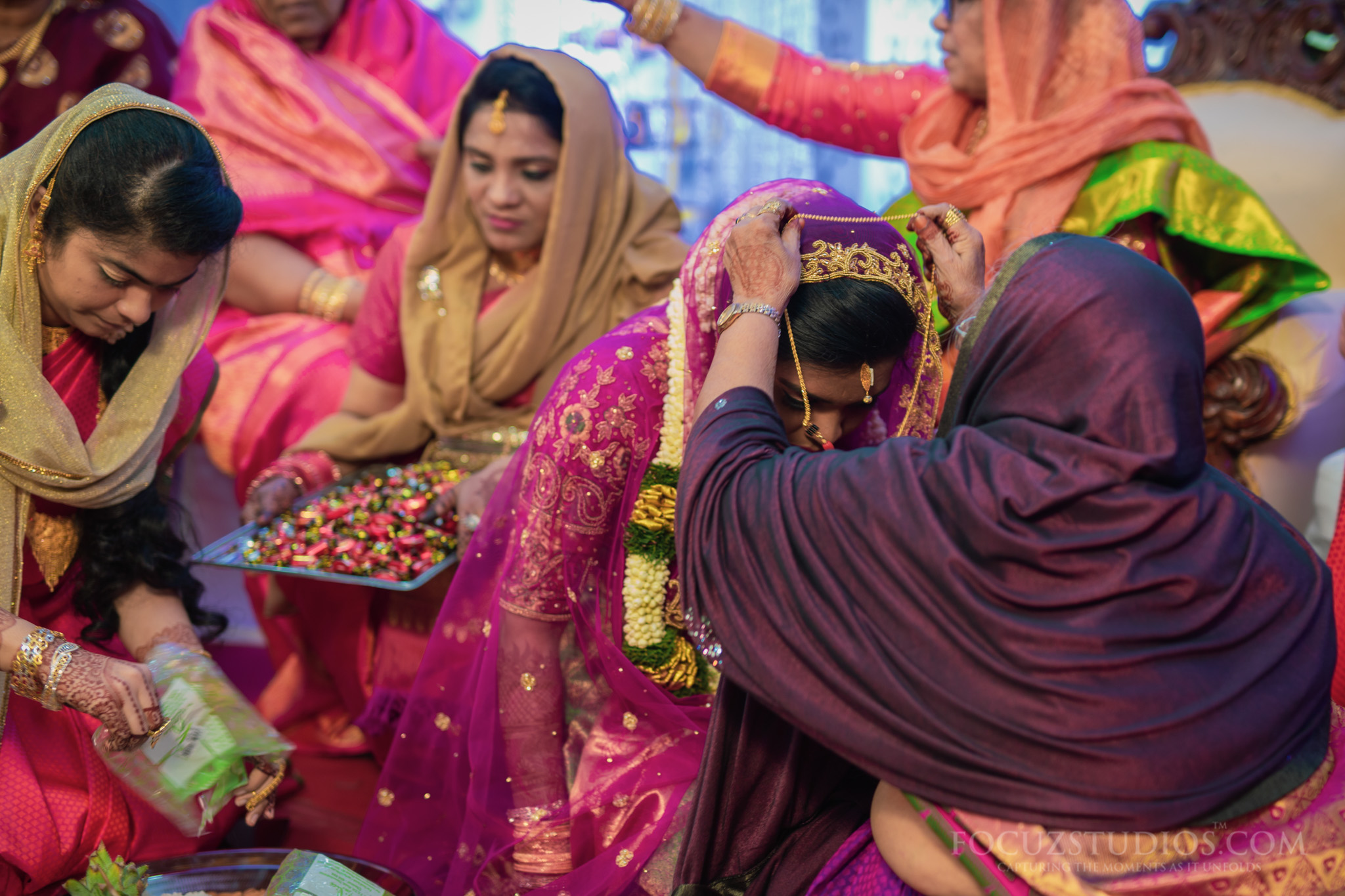
islam marriage is more than just a union; it’s a sacred bond that forms the foundation of society. This article aims to offer insights into the principles and significance of marriage in Islam. It is crafted to provide a professional perspective suitable for individuals seeking a deeper understanding of this important institution.
Understanding the Significance
Islam views marriage as a fundamental pillar of social structure. It is considered half of one’s faith, emphasizing its importance in the life of a Muslim. The Prophet Muhammad (peace be upon him) highlighted the virtues of marriage, indicating that it serves as a means to achieve tranquility, love, and mercy between partners. These elements are foundational in forming a family unit that prospers within the broader community.
Principles of Islamic Marriage
1. Mutual Consent: In Islam, both parties must consent to the marriage freely. This ensures that the relationship is based on mutual respect and understanding from the very beginning. Consent is a core aspect that upholds the dignity and autonomy of individuals entering matrimony.
2. Mahr (Dowry): A unique feature of Islamic marriage is the ‘mahr’, a mandatory gift from the groom to the bride. It symbolizes respect, commitment, and financial security. This requirement ensures that the bride’s rights are acknowledged and protected.
3. Responsibilities and Rights: Islamic marriage delineates clear roles and responsibilities for both spouses, fostering a balanced partnership. These roles are designed to complement each other, ensuring that both parties contribute to the marital life and family in their capacities.
Building a Family Foundation
The family, as established through marriage, is a microcosm of society in Islam. It is where values, traditions, and teachings of the faith are nurtured and passed down through generations. A strong family unit supports the moral and spiritual growth of its members, contributing to the broader community’s well-being.
In Conclusion
Islamic marriage is an intricate blend of rights, responsibilities, and spiritual commitments. By understanding its principles, individuals can appreciate the depth and significance of this bond. For those seeking further knowledge, Islamic scholars and community resources offer extensive guidance to explore the vast teachings related to marriage in Islam.
